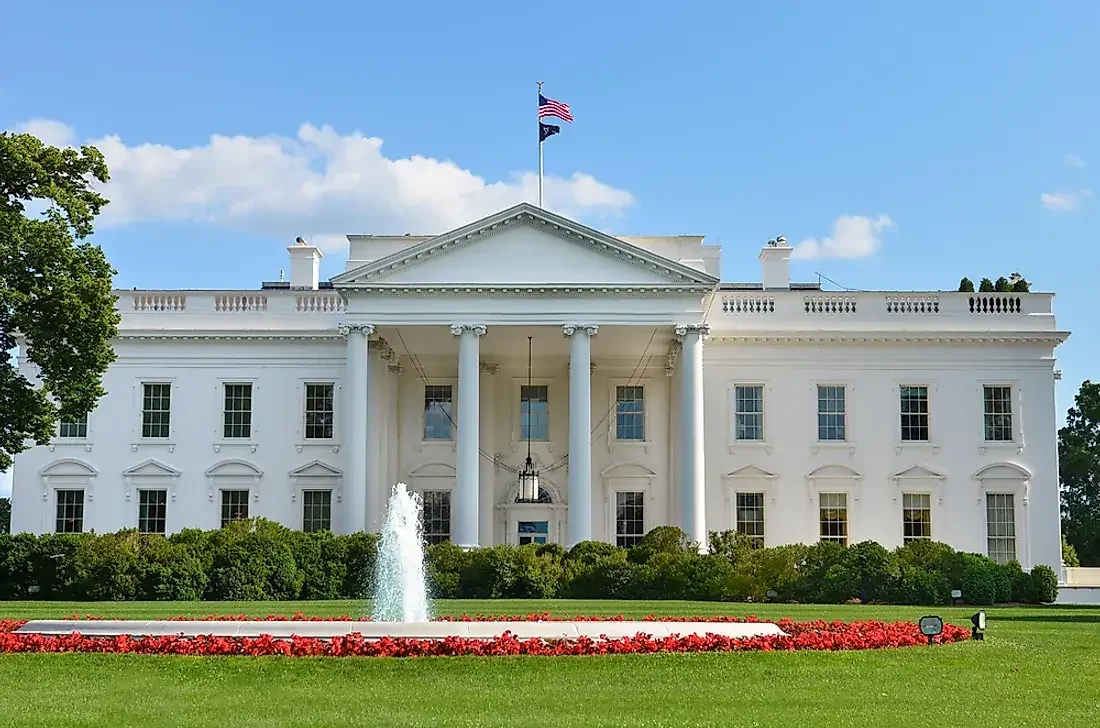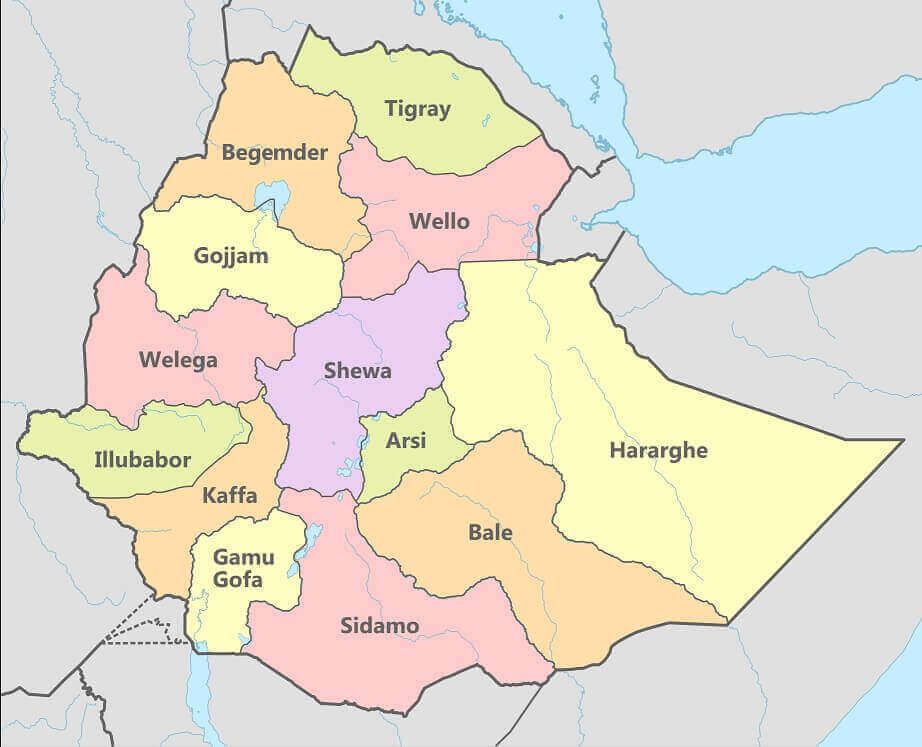 Washington Update, March 13, 2024
Washington Update, March 13, 2024
by Mesfin Mekonen
Meeting with Senate Foreign Relations Committee
Dr. Aklog Berera, Wzro Tsigereda Mulugeta, Counselor Bart Fisher and Mesfin Mekonen, representing ten Ethiopian-American organizations, recently briefed the Senate Foreign Relations Committee staff about the current situation in Ethiopia. We discussed the deteriorated human rights situation and requested a hearing on the Crisis in Ethiopia.
We briefed committee staff on the underlying causes of the conflicts that are tearing Ethiopia apart, especially the federal government structure which creates and exacerbates ethnic divisions, and discussed ongoing efforts to draft a revised Constitution. We also presented proposed solutions to Ethiopia’s most pressing problems and asked the U.S. Congress to help implement initiatives that can bring peace, stability, and prosperity to the second-largest country in Africa.
We suggest that the U.S. government undertake a three-part strategy focused on cessation of hostilities, sanctions, and constitutional reform.
We also reported for the record that the state-appointed human rights commission has reported repeated outbreaks of violence, including drone attacks and house-to-house raids by government forces in areas outside the capital, in the Amhara region.
Example of violence.
On February 23, a Reuters report (https://www.reuters.com/
Ongoing famine.
Famine still stalks the Ethiopian countryside especially in Amhara and Tigere region. In areas of the country not favored by the ruling regime many people are starving. According to the United Nations their numbers are between six and eight million persons, or about 10 % of the entire population. Knowledgeable commentators have written about the risk of this famine exceeding in its horrible toll that of the famine of 1984 which is well documented. Of course, we can help stop history from repeating itself, but an indifferent or even hostile regime in Addis Ababa is a major impediment.
Famine is a crude political tool for the regime. Grudging toleration of their rule is the minimum price of food. Right now, millions of Ethiopians face the choice of supporting the regime or seeing their families slowly starve to death. There are solutions that can help mitigate the disaster. Food aid could and should be delivered via the U.S. Congress and USAID on an expedited basis similar to the way the Congress under the leadership of the late Henry Hyde (R-IL) did earlier in this decade. The statements he made at that time echo through the decades. He said that recurring famine in Africa is directly linked with the failings and abuses of African governments. “Famine is not about waiting for the rains that didn’t come. It is about failing to enact policies that ensure a country’s means to cope with expected adversity.” Hyde said “Famine is about the deliberate manipulation of resources for political gains. Famine is about denying people the right to own their own land, stifling free enterprise and controlling the means by which to produce food.”
Food aid is essential and urgently needed, but it is not sufficient. Ethiopia requires a comprehensive development program focused on the needs of all Ethiopians. It should seek to use the resources of the Blue Nile and Awash rivers to foster the introduction of extensive agriculture.
Amhara Association of America (AAA) condemnation of persecution.
The Amhara Association of America (AAA) has issued a press release condemning in the strongest terms the Abiy Ahmed regime’s ongoing persecution of religious leaders and attempt to divide the Ethiopian Orthodox Tewahedo Church (EOTC). Since his ascension to power, Prime Minister Abiy Ahmed Ali and his Oromo Prosperity Party have manufactured crises as they attempted to build, in the short term, an Oromo hegemony, and thereafter an Oromo republic on the ashes of Ethiopia and its people. The state sponsored attack against the EOTC is a continuation of the Abiy regime’s goal of destroying institutions and symbols of the Ethiopian state. This has led to a dramatic increase in the number of victims of the decades-long Amhara Genocide in Oromia Region as well as frequent targeting of institutions that promote inter-ethnic cohesion and solidarity such as the EOTC and its followers (including Orthodox Christian Oromos).
Amnesty International report.
On February 18, Amnesty International demanded that Ethiopian authorities must stop using the state of emergency law to silence peaceful dissent.
“The Ethiopian government must stop resorting to old tactics of denying basic rights through the pretext of emergency laws. Ethiopians face another armed conflict in Amhara region, a serious humanitarian crisis in Tigray, a dire security situation in Oromia and pervasive impunity nationwide. The role of the media and the right to freedom of expression is as vital as ever,” said Tigere Chagutah, Amnesty International’s Regional Director for East and Southern Africa.
The report is available at Ethiopian authorities must stop using state of emergency law to silence peaceful dissent..
















